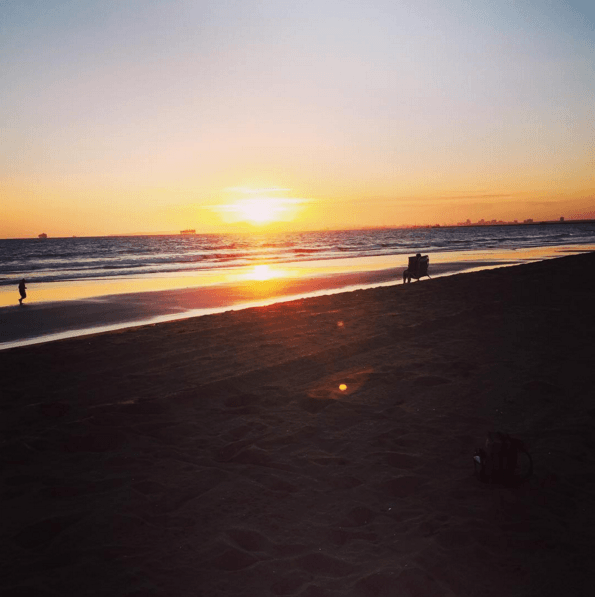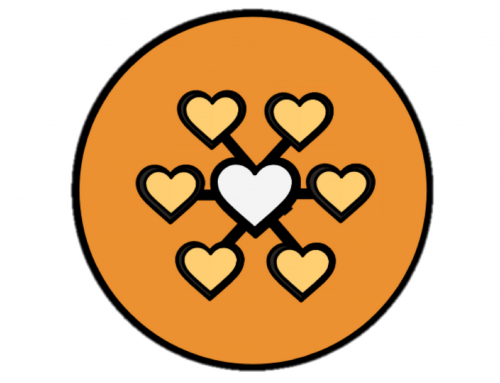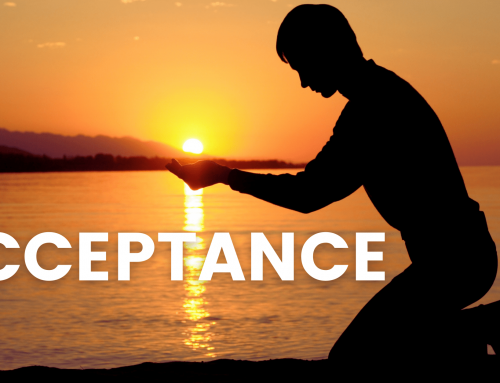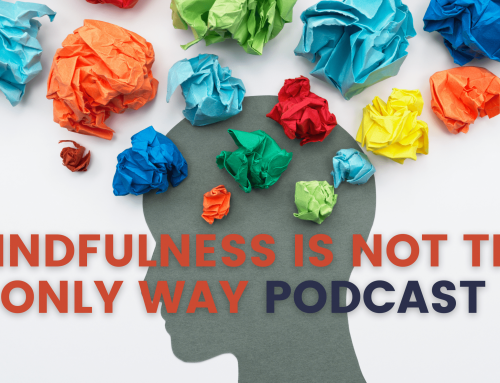I am just back in the UK after three weeks travelling around Southern California. It was a fabulous trip on many levels, and gave me the opportunity to step out of my usual routines and experience a completely different lifestyle.
I’ve returned full of insights and ideas which now need to be prioritised, shaped and scheduled if they are to become real.
One insight that I’d love to share with you is something that I picked-up whilst in Newport Beach, where we stayed for a few days.
Whilst there, we chose (thanks to Airbnb) to stay on a lovely, if compact, boat, docked in the harbour.
On the very first day we were there, I decided to go for a swim. However, I didn’t just jump in (like my son did), but chose to sit on the pier edge next to the boat, dangling my feet into the deep, but very cold water, preparing myself.
However, whilst I definitely wanted to go for a swim, the knowledge of the discomfort I’d have to go through to experience joy was holding me back. I sat there, and sat there, thinking about the coldness I’d experience, recalling the time I swam in an icy lake in Massachusetts which left me breathless.
I thought about jellyfish and other dangers that may be lurking beneath the deep blue water.
I looked at the boats docked around me, and considered the pollution that I’d be swimming in.
Guess what happened next?
As I sat there, having this internal discussion, the sun started to set in front of me and the temperature started to drop. Eventually, as i’m sure you guessed, my ‘Monkey Mind’ won and I decided to abandon the idea completely. I returned to the boat with that huge sense of disatisfaction.
Perhaps you relate to this scenario?
How often in your life have you talked yourself out of something that you know will lead to growth and change, but requires a degree of discomfort to get that benefit?
Well the next morning, I was much more prepared mentally.
This time, I didn’t give my Monkey Mind the opportunity to interfere and got straight in and, after a moment of breathlessness, had a magical experience swimming around the harbour. None of my fears were realised and I got out feeling energised and alive. I repeated the experience the next morning and the morning after that too.
Habits Can Help and Hinder
Whether we like it or not, human beings are creatures of habit, and habits can be very useful indeed. Why? They enable us to complete tasks consistently without having to think too much about what we’re doing. Good habits lead to growth and change, whilst bad habits can lead to depletion and risk. Much has been written on this concept and there are some useful models and resources available including: Darren Hardy’s ‘The Compound Effect’ and Maria Nemeth’s ‘The Energy of Money’.
I used to think that I was the only one who suffered from ‘Monkey Mind’, and then I realised that it’s just part of being human, and we all experience those occasions from time to time, especially when we want to change the status quo, but ‘the Monkey Mind’ comes up with all kinds of reasons why we should stay where we are.
The good news is that there are many techniques available to help quieten the Monkey Mind, and form new good habits, which many of us struggle to foster.
If you find forming new habits challenging, then here are a few strategies to help you. For example, many of my clients struggle to incorporate any form of exercise or movement into their weekly routines. If that challenge sounds familiar, try these three techniques for the next month:
- Schedule your exercise at the same time each day. For example, a brisk walk each morning or evening. In case you need any more incentive, I reading some research last week that found that a brisk walk each day could add 7 years to your life and reduce the signs of ageing.
- Track your progress. Wearable technologies like Fitbits have been shown to dramatically increase movement simply because they quantify activity, so there’s no fooling yourself into thinking you’ve done more than you really have. Similarly, since the start of 2014, I have been tracking a number of personal habits on a daily basis. It only takes me a few minutes, but the insight has really helped me optimise my life.
- Take a clean slate. Big life changes like a new home, new job or a new relationship give you the opportunity to change other aspects of your life too, creating a wider ripple effect that leads to a complete transformation.
However, in truth, you don’t need to wait for a big life change. Each day offers us the opportunity to start over. I remember thinking this very thought as I watched the sun set on Sunset Beach in California last week. It was another magical moment as we sat on the beach watching the sun gradually get lower in the sky, until it eventually disappeared behind the sea.
When it had gone, I felt this huge sense of hope and appreciation that, even though there are so many problems to solve, tomorrow is a brand new day.









